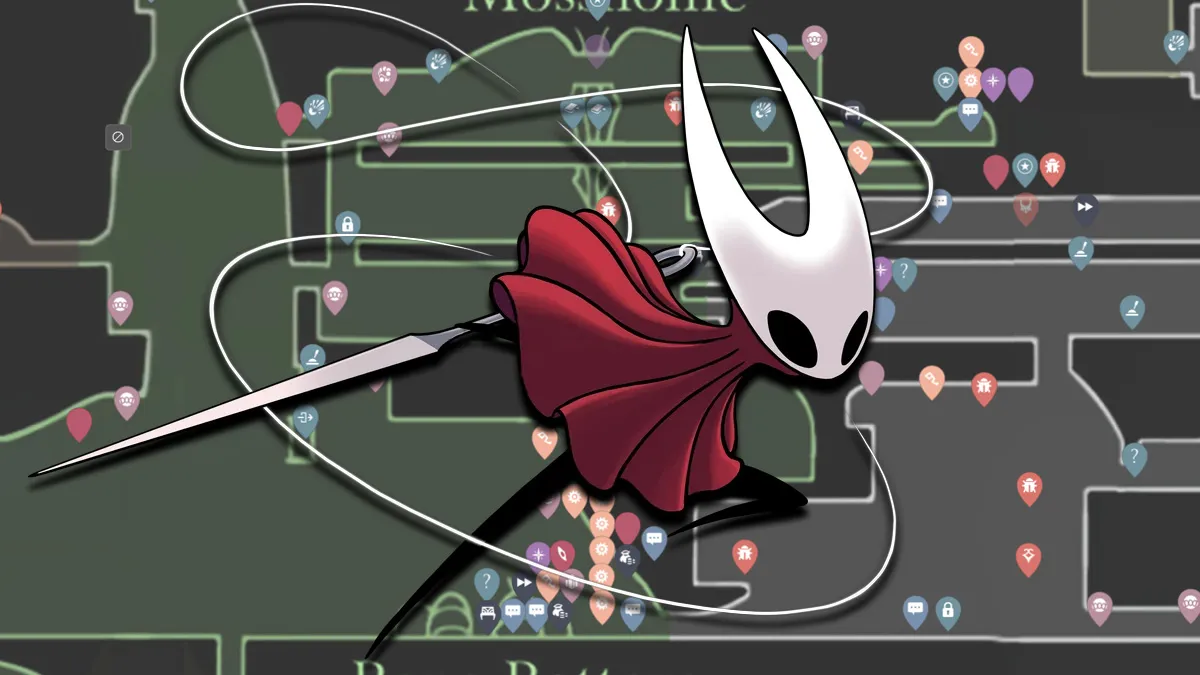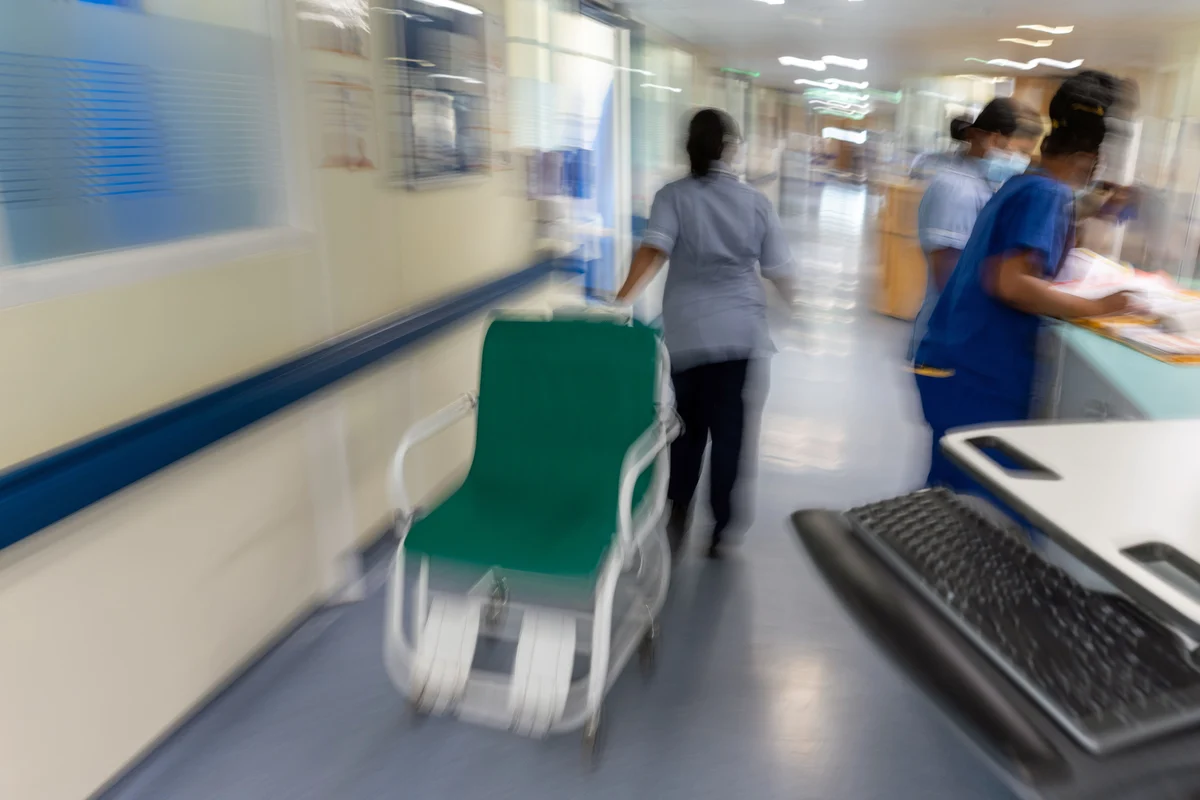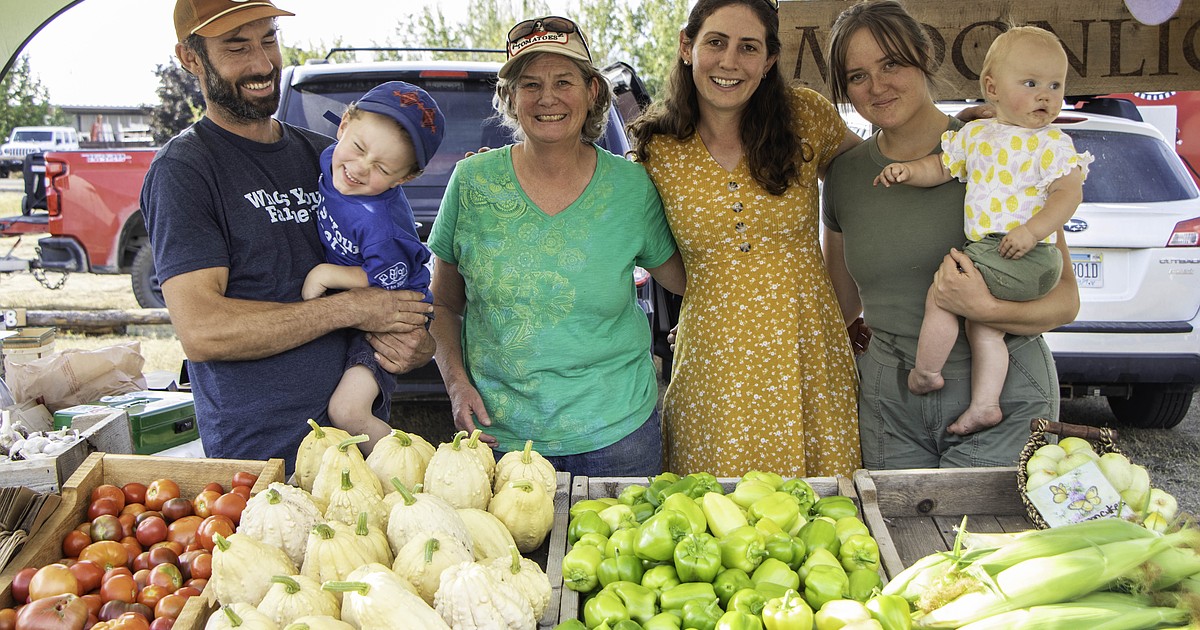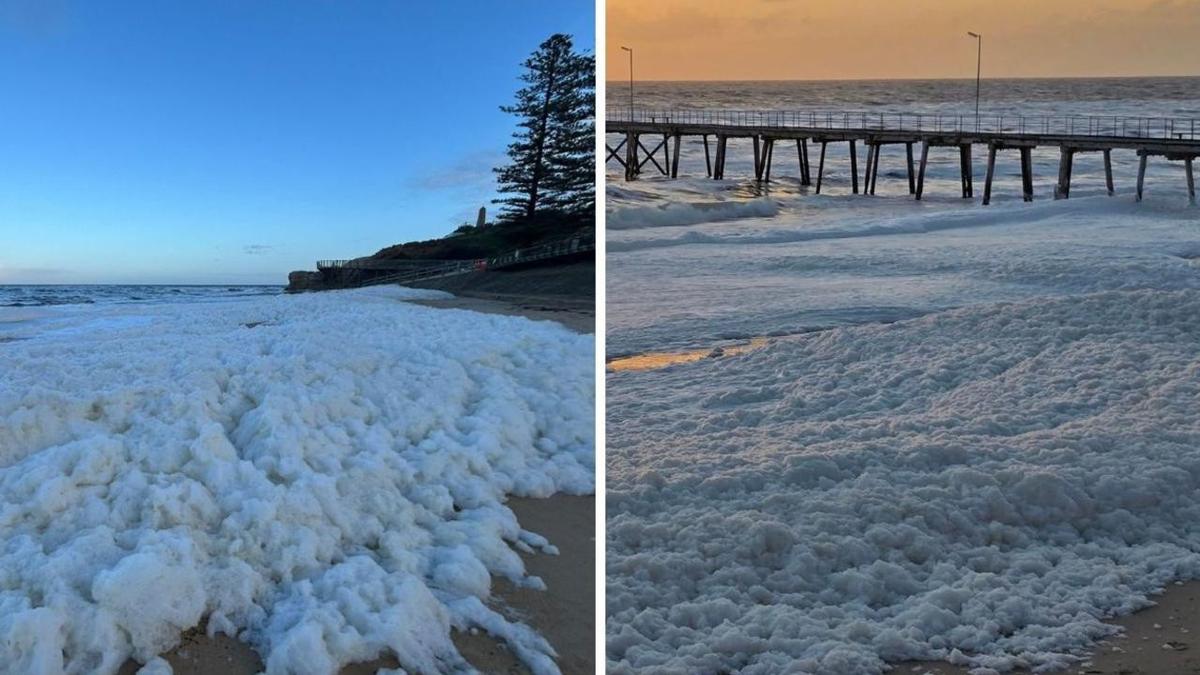By Bloomberg
Copyright scmp
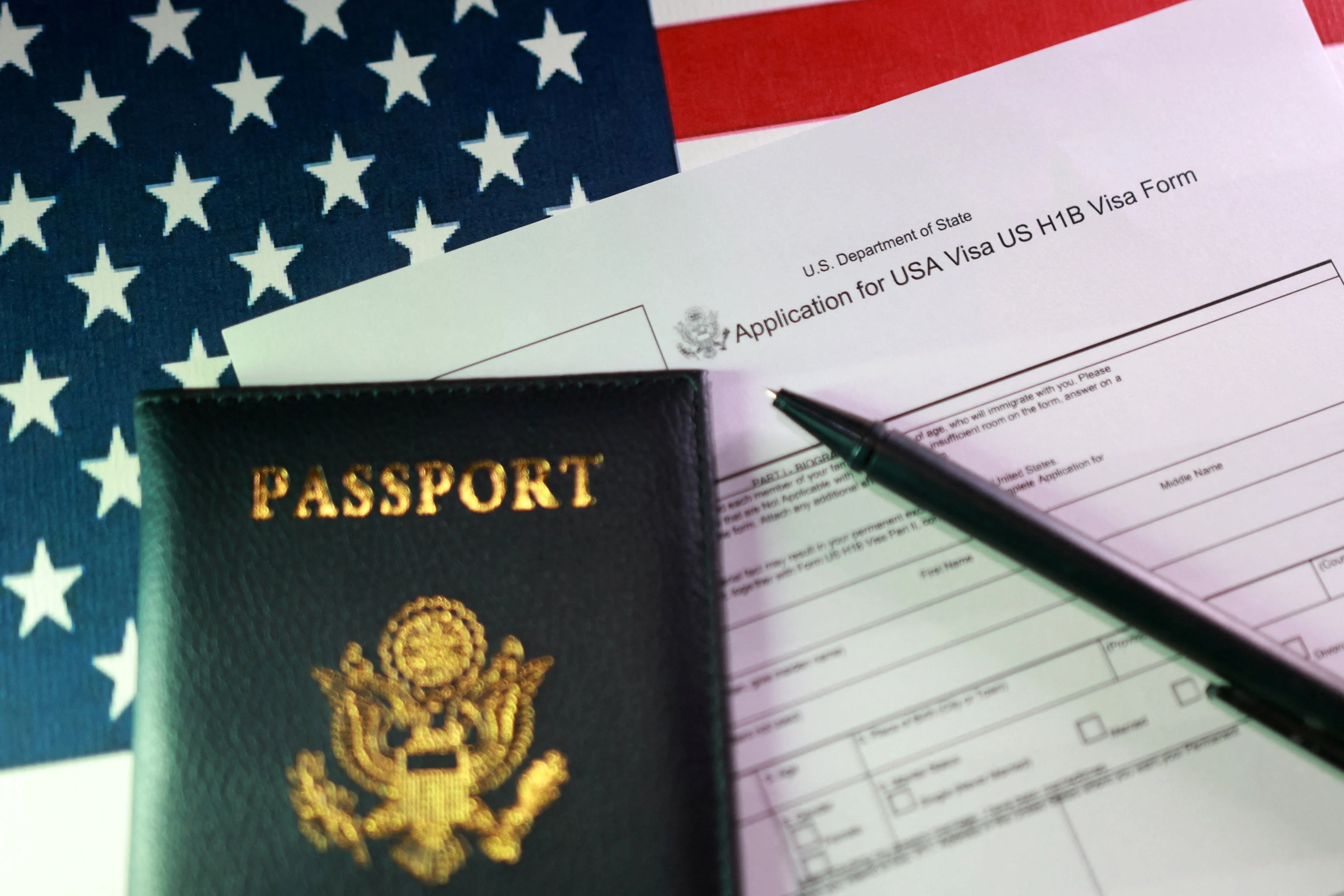
The Trump administration’s US$100,000 fee for high-skilled visa applicants threatens to worsen a shortage of US doctors and make it harder for rural hospitals to operate, medical groups warned.
The fee for H-1B visas “risks shutting off the pipeline of highly trained doctors that patients depend on, especially in rural and underserved communities”, said American Medical Association president Bobby Mukkamala, a Michigan head and neck surgeon.
US President Donald Trump added the fee for applications for the programme in a proclamation on Friday that roiled the technology industry and upended plans of highly educated foreign students. The White House clarified on Saturday that the new policy does not apply to current visa holders.
On Monday, the administration also said doctors may be able to avoid it. “The proclamation allows for potential exemptions, which can include doctors and medical residents,” White House spokesperson Taylor Rogers said.
Trump has said companies abuse H-1Bs to suppress wages, calling it a security threat.
Healthcare employers often sponsor medical residents and other doctors on H-1B visas. Mukkamala called international medical graduates “a critical part of our doctor workforce”. Making it harder for them “to train and practice here means patients will wait longer and drive farther to get care,” he said in a statement.
For hospitals, the programme is crucial to recruiting “highly skilled doctors and other healthcare professionals to ensure access to care for communities and patients, including in rural and other areas where there are well-documented shortages of healthcare workers,” the American Hospital Association said in a statement.
More than 76 million Americans live in places where the government has designated a shortage of primary care doctors, according to federal data compiled by the health research group KFF.
“When you’re putting a doctor in the middle of rural Ohio or rural Indiana, and they have to serve the underserved – that kind of price tag is going to wipe out a lot of healthcare for a lot of people across the country who really need it,” said David Leopold, an immigration lawyer at UB Greensfelder whose clients include doctors on H-1B visas placed in healthcare deserts.
“If that visa’s not available, then we’re not able to place physicians in these areas,” he said.
Federal data from the US Citizenship and Immigration Service show high-profile health systems including Mayo Clinic, Cleveland Clinic and St. Jude Children’s Research Hospital are among the healthcare industry’s top sponsors of H-1B visas. Mayo has more than 300 approved visas, according to the data. Paying the fee could add millions to the labour costs at large medical systems.
A Cleveland Clinic spokesperson said the hospital system was reviewing the policy. Mayo did not respond to a request for comment on Sunday. A St. Jude spokesperson declined to comment.
Some warned the change would choke off a vital channel that brought talented people to the US, powering medical and scientific research that was long the envy of the world.
“The history of the United States is attracting the best minds of the world. Princeton would have to pay $100,000 for Einstein?” said M.E. Siddall, a biological research scientist who moved to the US from Canada with a TN visa and switched to H1-B in the late 1990s. He became a US citizen in 2020.
Siddall said the changes appear to lack nuance and will diminish his industry’s talent pool because many charities and other organisations would not be able to afford application fees for visas.
Workers in India, a top source of doctors and nurses in the US, are frantic about the policy changes. About 22 per cent of immigrant doctors are from India, according to financial services provider Remitly.
Mumbai-based immigration lawyer Gaurang Parikh said his clients are worried about new applications and that he is advising top doctors to apply using other visa routes such as O-1 that favour individuals with extraordinary abilities.
Still, he said they fear that Trump’s visa changes could next impact other categories. Younger professionals would be among the worst hit, he said.
